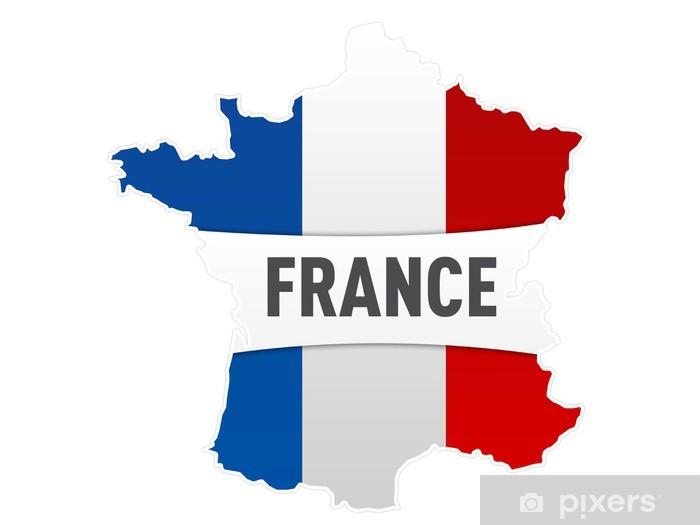France, Germany, and the United Kingdom are reportedly prepared to reinstate sanctions on Iran amid escalating concerns over the country’s nuclear activities, according to a Financial Times report. The move signals a coordinated Western effort to intensify pressure on Tehran in response to stalled negotiations and what officials describe as continued violations of nuclear commitments. As tensions rise, this potential reimposition of sanctions underscores growing frustration among European powers over Iran’s recent conduct and the broader implications for regional security.
France Germany and UK Consider Renewed Sanctions on Iran Amid Nuclear Concerns
Leading European powers France, Germany, and the United Kingdom are reportedly considering the reinstatement of economic sanctions on Iran in response to escalating concerns over Tehran’s nuclear ambitions. According to sources cited by the Financial Times, the three countries are aligning their diplomatic efforts to pressure Iran into halting nuclear activities that violate previous agreements. This renewed focus highlights the growing unease within Western capitals regarding the potential for Iran to advance its nuclear program unchecked.
The proposed sanctions aim to target key sectors and individuals linked to Iran’s nuclear development. The affected areas include:
- Energy exports, restricting Iran’s oil and gas revenues
- Financial transactions connected to nuclear research initiatives
- Technology imports used in uranium enrichment processes
These measures are designed to complement ongoing diplomatic negotiations, signaling a firm stance against any violations of the 2015 nuclear deal framework. Below is an overview of the potential impacts of the sanctions:
| Sector | Expected Impact | EU Response |
|---|---|---|
| Oil and Gas | Major revenue loss for Iran | Restrictions on import/export licenses |
| Banking | Limited access to international finance | Enhanced transaction monitoring |
| Technology | Halt to acquisition of dual-use materials | Export bans on sensitive equipment |
Implications for International Diplomacy and Regional Stability Explored
Reinstating sanctions on Iran by major European powers like France, Germany, and the UK signals a significant shift in diplomatic strategies aimed at curbing Tehran’s nuclear ambitions and regional influence. This move is poised to intensify tensions across the Middle East, potentially destabilizing delicate balances of power. European officials assert that such measures are a necessary response to Iran’s perceived non-compliance with international agreements, yet the prospect raises concerns about escalating confrontations not only with Iran but also between global powers involved in the region.
Key potential impacts include:
- Heightened regional volatility: Sanctions may fuel proxy conflicts and exacerbate sectarian divides.
- Diplomatic isolation: Iran could pivot further towards non-Western alliances, complicating future negotiations.
- Economic repercussions: Sanctions might disrupt global energy markets, impacting regional and international commerce.
| Diplomatic Factor | Potential Outcome |
|---|---|
| EU Unity | Strengthened collective stance, toughened negotiations |
| US Relations | Alignment on policy, but risk of new tensions |
| Middle East Alliances | Shift towards hardened blocs, increased proxy risks |
Strategic Recommendations for Balancing Pressure with Dialogue on Iran’s Nuclear Program
As France, Germany, and the UK align on the possibility of reinstating sanctions on Iran, a nuanced approach is critical to avoid escalating tensions further. Targeted economic measures can serve as effective tools to pressure Tehran, yet these must be calibrated carefully to maintain channels for diplomatic engagement. Emphasizing a balance between coercive tactics and constructive dialogue underlines the importance of reinforcing international frameworks while keeping diplomatic doors open for negotiation over Iran’s nuclear ambitions.
Key areas for strategic focus include:
- Enhanced multilateral coordination: Aligning efforts within the EU and with global partners to present a united front.
- Incremental sanctions: Applying measured pressure targeting specific sectors to avoid broad economic shocks that could hinder diplomacy.
- Parallel dialogue tracks: Encouraging back-channel communications alongside public pressure to foster trust-building.
| Measure | Objective | Expected Outcome |
|---|---|---|
| Sectoral Sanctions | Pressure key industries | Prompt negotiation willingness |
| Diplomatic Engagement | Maintain communication channels | Reduce risk of miscalculation |
| International Cooperation | Unified policy stance | Strengthen leverage on Iran |
The Conclusion
As the diplomatic landscape continues to evolve, the willingness of France, Germany, and the UK to reinstate sanctions on Iran signals a decisive shift in Western policy aimed at curbing Tehran’s nuclear ambitions. This development underscores the increasing tensions and the complex balancing act faced by international actors striving to address security concerns while managing broader geopolitical relationships. Further updates are anticipated as negotiations progress and the international community responds to these potential measures.




